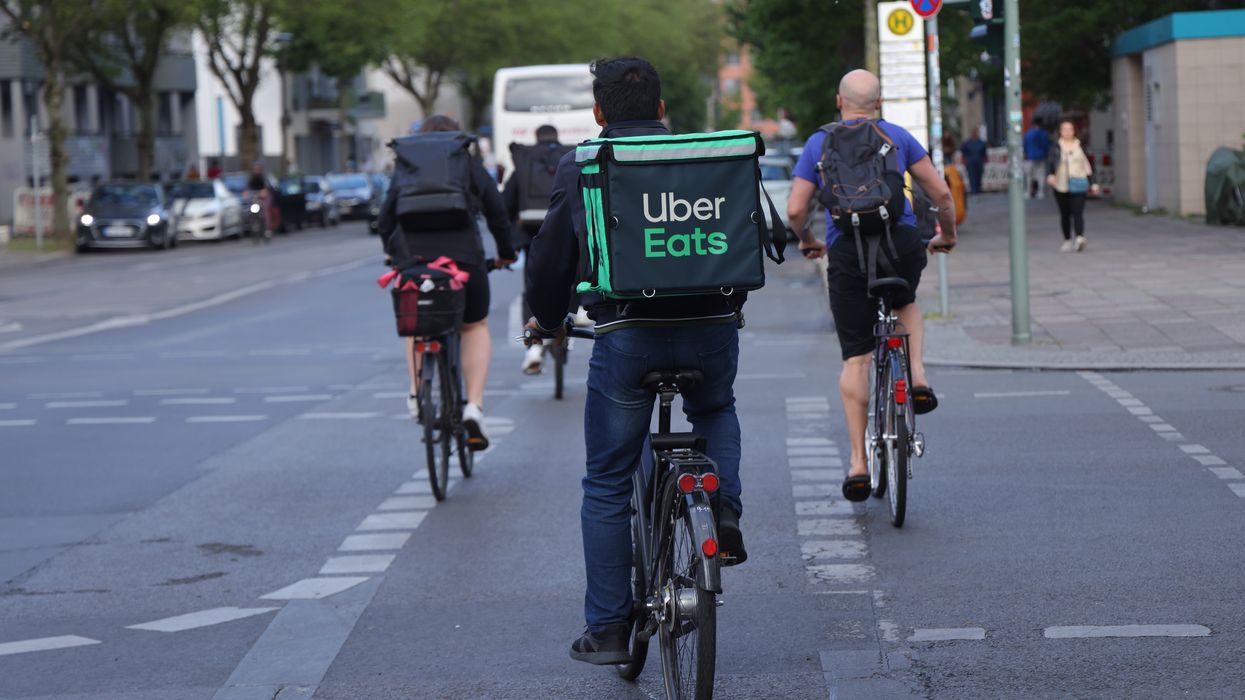Highlights:
- Uber warns Home Office rules targeting illegal gig economy workers could increase takeaway delivery costs in the UK.
- Undocumented migrants have historically used food delivery apps for work, exploiting limited right-to-work checks.
- Companies like Uber Eats, Deliveroo, and Just Eat have introduced stricter checks, including facial recognition and document verification.
- Compliance and administrative costs have contributed to a fall in Uber UK profits despite rising revenues.
- Government enforcement includes thousands of interviews and hundreds of arrests for suspected illegal working.
Uber’s UK accounts at Companies House welcomed the Home Office’s efforts to deter migrants and people smugglers from risking Channel crossings. However, the company cautioned that “new legislative requirements could have an adverse impact on our business, including expenses necessary to comply with such laws and regulations.”
Takeaway apps have become a source of employment for undocumented migrants, attracted by historically limited right-to-work checks. Delivery riders have sometimes sold or rented their accounts on social media to “substitutes” who may be working illegally.
Company response and compliance measures
Over the past year, Uber, Deliveroo, and Just Eat have introduced stricter “right-to-work” verification, including enhanced facial recognition and document checks. Thousands of workers who failed these checks have been removed from the platforms.
The Home Office has urged delivery companies to strengthen monitoring to prevent misuse and suspend accounts where illegal work is detected. Officials are also sharing data on asylum accommodation to help companies monitor potential illegal employment.
Impact on Uber UK’s finances
Uber’s UK revenues increased from £5.3bn in 2023 to £6.5bn in 2024, but profits fell from £29.4m to £21.6m. The company cited rising administrative and compliance costs in its food delivery division as a key factor.
In February, Uber reported blocking thousands of accounts since April 2024 after introducing tougher right-to-work checks to prevent illegal substitutions.
Government enforcement figures
In July, Home Office immigration enforcement teams spoke to 1,780 individuals, resulting in 280 arrests for suspected illegal working. The asylum status of 53 individuals is currently under review.
Significance for the UK gig economy
The crackdown reflects broader government efforts to regulate gig economy employment and prevent illegal working while highlighting the potential economic impact on consumers. Takeaway prices may rise as delivery companies adjust to stricter verification requirements and increased compliance costs.





